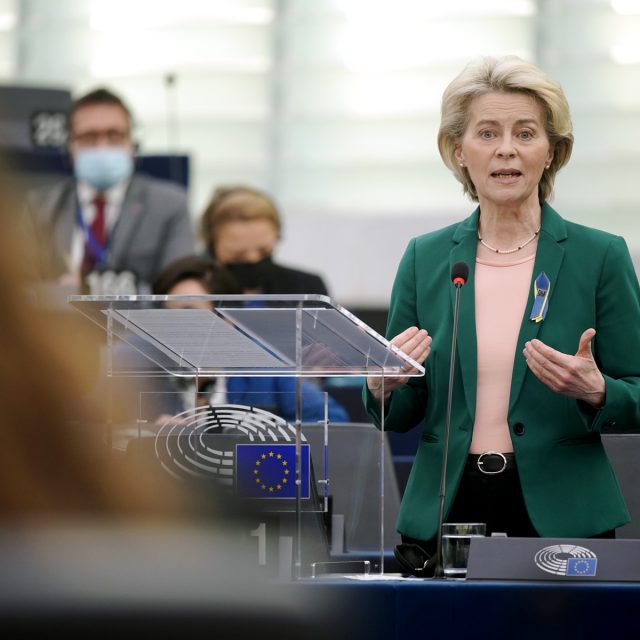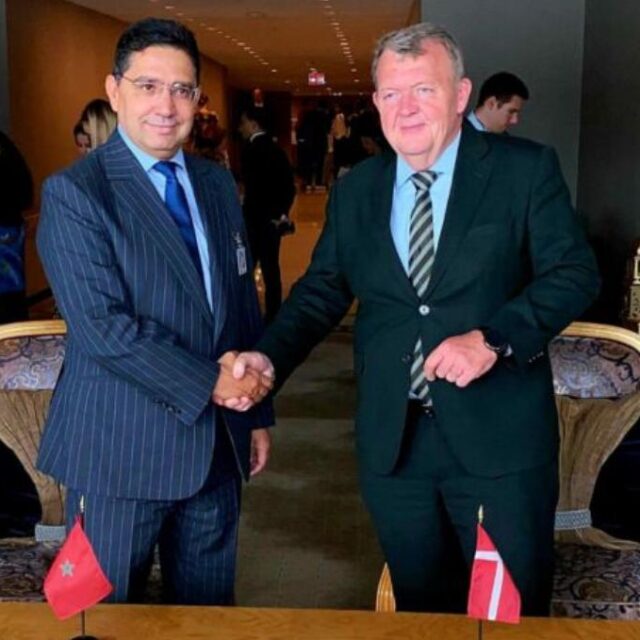The international community might initially have been relieved that Lebanon finally has a government, after over 100 days of protest and a time of great economic turmoil for the country. There is indeed a government led by Sunni technocrat Hassan Diab, which is a coalition of Hezbollah, Amal and the Free Patriotic Movement (FPM). However, there are already concerns that the government does not have broad enough support to pass laws and launch reforms. There are also serious concerns that Hezbollah’s influence will undermine any chances Lebanon has of securing the international economic support that Lebanon so badly needs, with their attack’s upon Lebanon’s Central Bank Governor just one example of Hezbollah undermining Lebanon’s chance of recovery.
The clock is ticking for Lebanon, as the country may soon default on bond payments. The country has a very short time in which to convince countries such as France, the US, Saudi Arabia and other Gulf countries to provide crucial funding to save the Lebanese economy. The International Monetary Fund is a potential saviour, but they will not act without US approval, something endangered already by US perceptions that this government is owned by Hezbollah. The US has also picked up on concerns from Lebanese politicians and citizens regarding the role of pro-Syria politician Jamil Al-Sayyed in the formation of the government.
Hezbollah’s decision to be so active in this new government is thought by some commentators to be directly related to the fact that Lebanon is essentially opening up as a ‘theatre’ of the escalating tensions between the US and Iran. It is widely understood that Hezbollah’s agenda is not that of Lebanese stability, but simply one of furthering Iranian interests.
The latest twist in the saga is that Hezbollah and their representatives appear to be attacking Riad Salamé, the Governor of Lebanon’s central bank, Banque de Liban. An article published in Al-Akhbar, a publication with close links to Hezbollah, and a tweet by Jamil Al-Sayyed, show all the hallmarks of a Hezbollah attempt to discredit Mr Salamé. One Beiruit insider explained: “We are fortunate to have a central bank Governor who is respected by the international community. Goodness knows Lebanon needs all the credibility it can get right now and he provides it. Anyone attacking him does not have Lebanon’s interests at heart.”
Hezbollah appear to be trying to divert attention away from the real political causes of the crisis and using Jamil Al-Sayyed to do so, via his comments that try to pin the blame on Mr Salamé. Mr Salamé is credited by the international community with stabilising an erratic currency by establishing a pegged exchange rate between the US dollar and the Lebanese pound, as explained recently by Dan Azzi, a Harvard fellow and former top banker with Standard Chartered in Lebanon, to the Financial Times. In a time of turmoil in Lebanon, Mr Salamé’s actions are widely considered to have been competent and prudent.
An international journalist working in Lebanon explained: “Hezbollah do not like the fact that Salamé has respected international sanctions against Hezbollah. He has played things by the book and they resent him for that. They also find him a convenient distraction from the real problems that Lebanon faces. Right now, one of the few Lebanese leaders that the international community can trust is standing alone under attack from Hezbollah, right at the time the country is economically on its knees. My sadness is for the country.”




